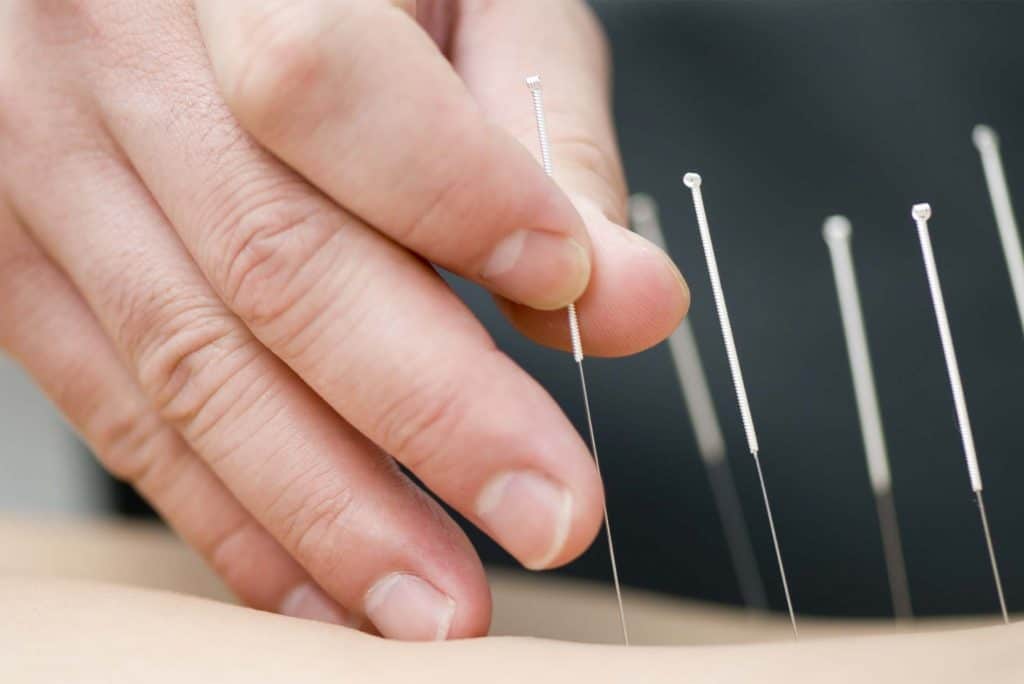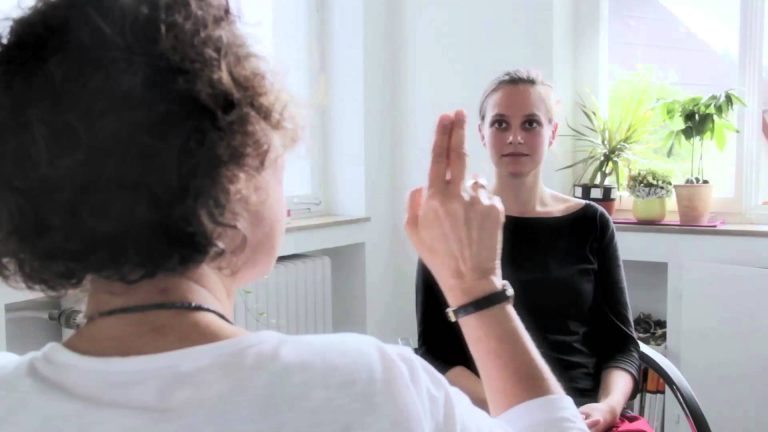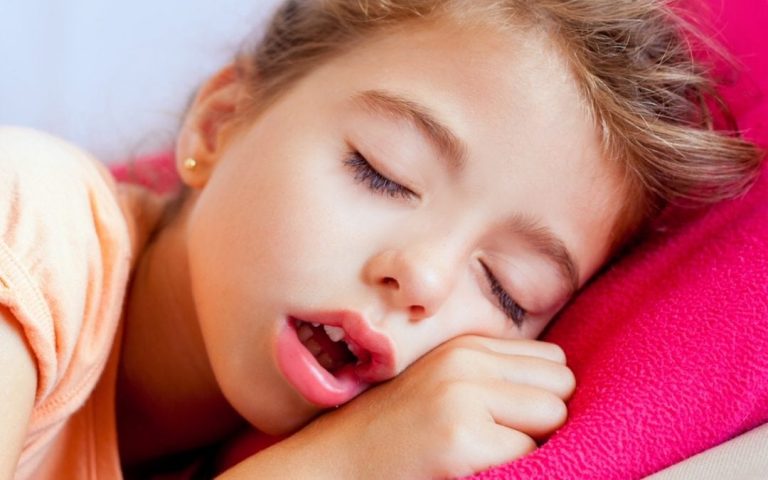Fertility Acupuncture: A Natural Path to Conception and Reproductive Health
Fertility acupuncture is a holistic and time-tested approach to enhancing fertility and supporting reproductive health. This ancient healing practice, rooted in Traditional Chinese Medicine (TCM), has gained popularity worldwide as couples and individuals seek natural and complementary methods to improve their chances of conceiving. In this detailed article, we will explore fertility acupuncture, its principles, benefits, the science behind it, and how it can be a valuable option for those on their journey to parenthood.
Understanding Fertility Acupuncture
Fertility acupuncture is a specialized branch of acupuncture that focuses on addressing factors affecting fertility and reproductive health. It is based on the TCM principle that the body’s vital energy, known as “qi,” flows through a network of meridians or energy pathways. When this flow of qi is blocked or disrupted, it can lead to imbalances that affect fertility.
Acupuncture seeks to restore the balance of qi by inserting fine, sterile needles into specific acupuncture points on the body. These points correspond to various organs and functions, including those related to reproductive health. By stimulating these points, fertility acupuncturists aim to optimize the body’s reproductive systems and increase the chances of conception.
Benefits of Fertility Acupuncture
Fertility acupuncture offers numerous potential benefits for individuals and couples struggling with fertility issues:
- Hormonal Balance: Acupuncture can help regulate hormones, including those critical for ovulation and menstrual cycles, such as FSH (follicle-stimulating hormone) and LH (luteinizing hormone).
- Improved Blood Flow: Acupuncture can enhance blood circulation to the reproductive organs, ensuring a better supply of nutrients and oxygen to the ovaries and uterus.
- Stress Reduction: Fertility treatments can be emotionally and physically taxing. Acupuncture is known for its stress-reducing effects, which can be particularly beneficial for individuals experiencing the emotional toll of fertility challenges.
- Enhanced Egg Quality: Acupuncture may help improve the quality of eggs, which is crucial for successful conception.
- Increased Pregnancy Rates: Several studies have suggested that fertility acupuncture can increase the chances of conception and live birth rates when used alongside assisted reproductive technologies (ART) like IVF (in vitro fertilization) and IUI (intrauterine insemination).
- Support During Pregnancy: Beyond conception, acupuncture can provide support throughout pregnancy, helping to alleviate discomfort, reduce the risk of complications, and prepare the body for childbirth.
The Science Behind Fertility Acupuncture
While the exact mechanisms by which acupuncture enhances fertility are still being researched, several theories exist to explain its effectiveness:
- Hormonal Regulation: Acupuncture may influence the hypothalamus-pituitary-ovarian axis, a key hormonal system that controls the menstrual cycle and ovulation.
- Stress Reduction: Stress can negatively impact fertility by disrupting hormonal balance. Acupuncture’s ability to reduce stress may indirectly improve fertility outcomes.
- Increased Blood Flow: Acupuncture has been shown to enhance blood flow to the reproductive organs, which can improve their function.
- Immune System Modulation: Acupuncture may help regulate the immune system, reducing the risk of autoimmune-related fertility issues.
- Improved Ovarian Function: Some studies suggest that acupuncture may promote better ovarian function and potentially increase the number of mature eggs available for fertilization.
Seeking Fertility Acupuncture
When considering fertility acupuncture, it is essential to seek the services of a licensed and experienced acupuncturist who specializes in fertility and reproductive health. Here’s what you can expect during your fertility acupuncture journey:
- Comprehensive Assessment: Your acupuncturist will conduct a thorough evaluation of your medical history, lifestyle, and specific fertility challenges to develop a personalized treatment plan.
- Tailored Treatments: Acupuncture treatments will be tailored to address your unique needs, focusing on acupuncture points related to reproductive health.
- Regular Sessions: Consistency is key. Most individuals undergoing fertility acupuncture receive treatments on a weekly or bi-weekly basis, often in conjunction with the menstrual cycle.
- Integration with Other Treatments: Fertility acupuncture can be used as a standalone treatment or alongside conventional fertility treatments like IVF or IUI. Your acupuncturist can work in collaboration with your medical team to optimize your chances of success.
Conclusion
Fertility acupuncture is a natural and holistic approach to improving fertility and enhancing reproductive health. With its potential benefits in hormonal regulation, stress reduction, improved blood flow, and increased pregnancy rates, it offers hope to individuals and couples striving to start or expand their families. As a complementary therapy, fertility acupuncture provides an opportunity for those navigating the challenges of infertility to explore alternative methods that align with their goals and values. If you are on the path to parenthood, consider fertility acupuncture as a valuable addition to your journey toward a healthy and successful pregnancy.






